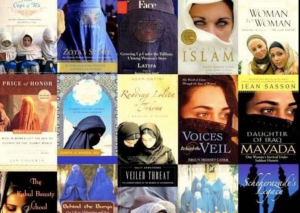Watched Danish film director Lars von Trier’s 1987 masterpiece “Medea” yesterday afternoon. What an arresting film. And what a truly gut-wrenching climax–i.e., the filiocidal act of revenge for which this Greek character is infamous–the intensity and pathos of which makes most silver screen depictions of tragedy and suffering seem almost lighthearted.
A big surprise for me was how effective its extremely minimalistic backdrop of foggy Jutland marshes was for a Greek tragedy set in ancient times. You barely even any buildings larger than a hut, much less castles or galleons, yet it manages to transport you to a mythic past.
I wonder if this just worked out that way or whether von Trier knew from the outset that this milieu of foggy and windswept marshland combined with low quality filming technology would work so spectacularly or whether he just lucked out and his financial constraints imposed a simplicity that worked to the film’s advantages given its mood and mythic setting.
Poor Shabana. This means I’m going to have to re-rent von Trier’s “The Element of Crime” and “Epidemic”. These are two very quirky and grim films by von Trier that she instantly found agonizing (as did our friends Yunus and Shams in the case of “The Element of Crime” when I popped it after dinner recently). I relented and returned both films unwatched, but now I think I need to see ’em, whatever the price to those around me.
[Spoiler alert. Don’t scroll down if you don’t want a key detail about the film given away.]
For me, the way her elder son intuitively senses what “must” be done (i.e., the murder of him and his younger brother for Medea to get back at Jason) and then participates actively in the gruesome deed by holding his little brother’s legs–even urging his collapsed mother to finish the job with him after the first hanging, saying “Mother, I need your help”–calls to mind the Abraham’s son’s willing submission in the Akida (i.e., the narrowly averted human sacrifice of in the Book of Genesis).
It also gives a sense of Jason’s betrayal being a wrong of such cosmic significance that the world around Medea understands what must be done, even if her vengeance turns all morality on its head.
It’s the stuff of nightmares, yet so touchingly captured.
Powered by ScribeFire.











